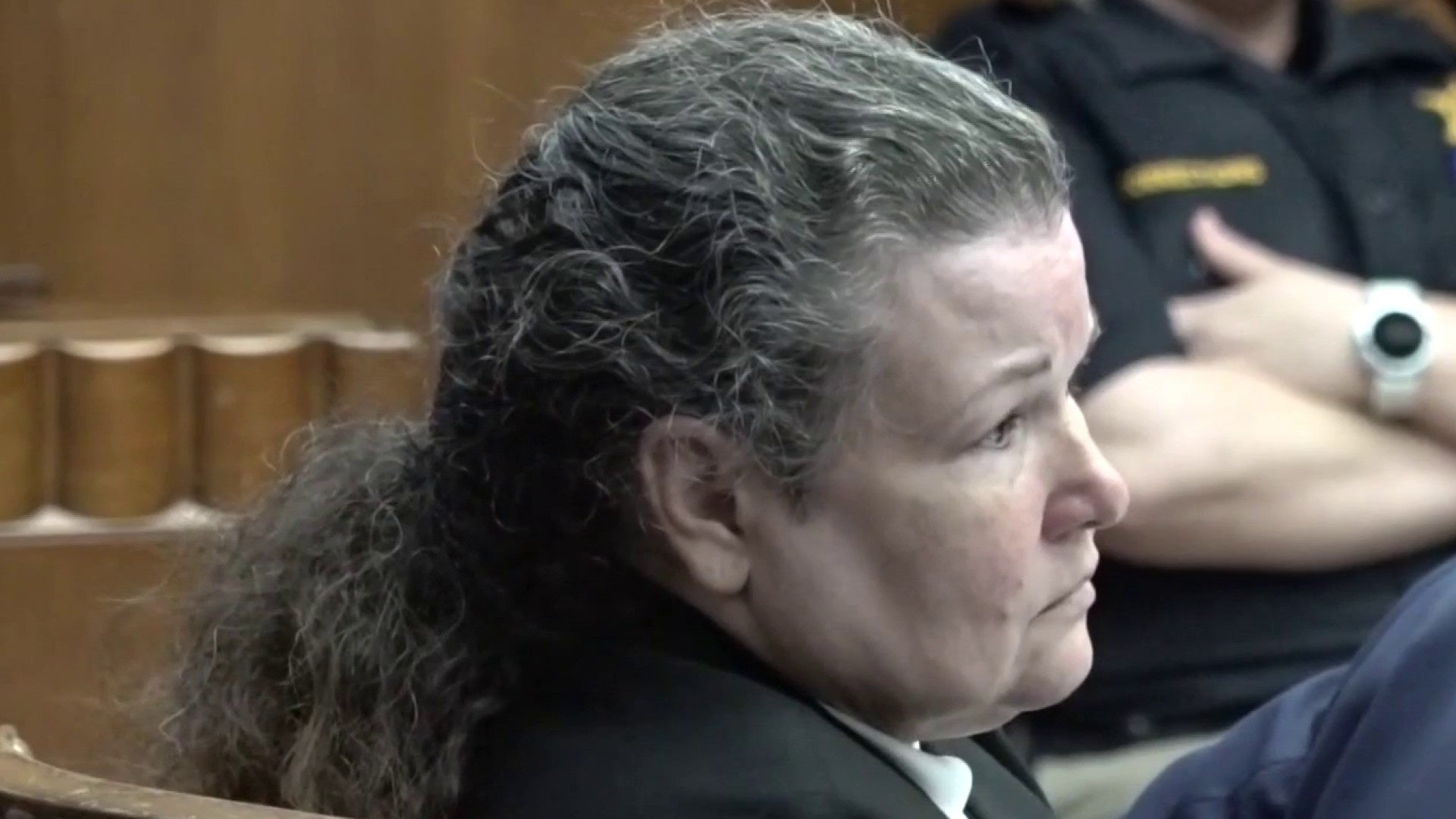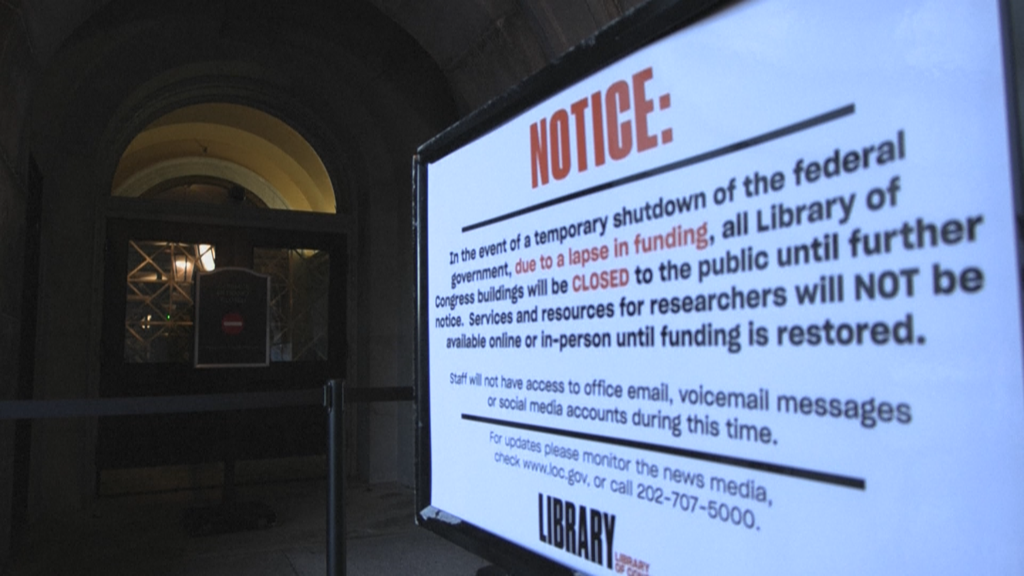Sarah Hartsfield was active on phone as her husband’s blood sugar dropped for hours, detective testifies
The trial of Sarah Hartsfield, accused of murdering her fifth husband with insulin, takes an intriguing turn as prosecutors push to reveal hundreds of jail messages she sent to media outlets like KPRC 2 News.

Jurors in the Sarah Hartsfield murder trial could see hundreds of messages she sent from jail, including ones directed to KPRC 2 News and other media outlets, as prosecutors argue they reveal in her own words what happened before and after her husband’s death.
- WATCH DAILY ANALYSIS OF TRIAL ON YOUTUBE LIVE AT 6 P.M. stated that much of their evidence comes from the defendant herself, including texts, voicemails, and written explanations she has
Hartsfield is accused of killing her fifth husband, Joseph Hartsfield, by injecting him with insulin. Prosecutors have stated that much of their evidence comes from the defendant herself, including texts, voicemails, and written explanations she has sent over the years.
On Monday, all four of Sarah Hartsfield’s children appeared in court. Each seemed to avoid eye contact with their mother as they took the stand, and the defense chose not to question any of them.
Prosecutors are now asking the judge to admit dozens of messages Sarah sent from jail, including several directed to KPRC 2’s Bryce Newberry.
In one message, Sarah wrote:
“Show things in a positive light for me, versus reminding everyone of my faults and mistakes that span 28 years.”
The defense objected to the introduction of those messages, arguing that they could unfairly prejudice the jury.
11:40 a.m. - Court breaks for lunch
10:20 a.m. - Court resumes. Detective Skylar remains on the stand.
Detective Skyler testified about what she found on Sarah Hartsfield’s phone in the hours leading up to her husband Joseph’s hospitalization and death. When Skyler asked for the phone, Sarah said, “Oh crap… so here’s the question, do I have to give you this without a warrant?” Skyler said she then provided a copy of the search warrant, and Sarah said she would have provided it anyway. She was in the middle of typing a Facebook post, so Skyler said she “watched over [her] shoulder while she finished that,” then took the phone. Skyler said she was concerned that things would be deleted from the phone, saying that Sarah was “scrolling up and down as if she was thinking about something.”
Skyler said she then downloaded the phone and looked at Sarah’s activity throughout the morning of Jan. 7, 2023. Data from Apple movement showed steps taken each hour, including times Sarah said she was asleep. “During the 1p-2p hour, Sarah alleged she woke up and checked on Joseph and found him unresponsive,” Skyler said, “but per steps on the phone, the 1p-2p hour is the only hour Sarah didn’t take any steps,” Skyler said. Other hours showed movement between 9 and 124 steps.
Skyler also testified that Sarah’s Safari search history had been deleted, but that embedded cookies showed activity. Searches included Bible verses, AirTag locks, relationship terms like “gaslighting” and “misogynistic,” and a “Snapped” episode about a woman who committed murder and fled. On Jan. 7, 2023 Sarah accessed multiple apps, including H-E-B, Facebook, USAA banking, Indeed, ARAMarkCareers.com, KWTX.com, ZipRecruiter, and Force.com, while she claimed to be under narcotic medication.
Skyler said Sarah had images of Joseph on her phone from that morning, including several photos showing his chemical burns and videos with what appeared to be snoring. Skyler also found messages appearing to be sent from Joseph’s phone, including a screenshot of his new bank account information, his driver’s license, and a photo of a Legacy Contact access key.
“I believe Sarah created the Apple Legacy Contact and sent it to herself, allowing her to access his phone after his death,” Skyler said.
Joseph was admitted to the hospital hours later and died, with the 911 call placed at 2 p.m.
Skyler said she reviewed outgoing calls and texts throughout the morning, saying Sarah was “busy” communicating with multiple contacts, including her children. She said that as Joseph was dying, Sarah appeared focused on his family “in a negative light” in her conversations.
Skyler’s testimony relied on State’s Exhibits 76 through 82, documenting step counts, phone activity, Safari history, photos, and text messages.
10:06 a.m. - Court goes on 15-minute break
During the break, attorneys conferred with the judge about Detective Skylar confiscating Sarah’s phone.
9:20 a.m. - Dr. Enakuaa is dismissed. Detective Skylar Rocz, a former Chambers County Sheriff’s Office Detective, took the stand.
Detective Skyler Rocz, formerly with the Chambers County Sheriff’s Office, testified she was called to Houston Methodist Baytown Hospital by investigator Yeatman after staff suspected foul play in Joseph Hartsfield’s condition. “Joseph was unresponsive when I arrived,” Rocz said. “He had brain damage.”
Rocz told jurors she spoke to between 30 and 50 people, reviewed “hundreds of thousands of pages of records,” and spent months investigating the case. She said Sarah’s demeanor at the hospital was “very matter of fact” and said Sarah would appear to “remember she needed to be sad, but it seemed staged. Rocz said Sarah “didn’t appear under the influence of narcotics,” although she said she was on medication from a recent surgery.
When Rocz searched the home, she said the house “smelled,” was “disorganized,” and there were “five dogs and a cat.” “In the master bedroom, there was throw up on the bed,” Rocz testified.
“Sarah said there was a white comforter that Joseph was covered up in, but there was no throw-up on it.”
Rocz said she found “eight to ten insulin pens” on the bedside table and a glass on the counter that Sarah said was for orange juice.
“At the bottom of the cup, it was completely dry,” Rocz said. “There were black specks in it that appeared to be mildew, as if the glass had been sitting there for numerous days.”
She added that the bathroom “had a cat housed in it,” with “a large number of prescription bottles all over the counter” and that the cat “was using the bathroom on the ground because the litter box wasn’t cleaned.”
Rocz said Sarah gave consent to search the home and “encouraged me to take evidence, including the insulin pens,” saying that it “made me feel like she knew there would be no evidence to get off of it.”
She testified that Sarah “joked” and “called Joseph a pig,” showing “no crying, no anything that would indicate she was having a hard time.”
Rocz also read from Sarah’s voluntary written statement, in which she said, “Joe worked all night then went to a job interview… I made broccoli and rice… he had a small bowl, took insulin and went to sleep… I heard the Dexcom alerts going off… went to check on him around 1300… he was mumbling but not coherent… I opened his eyes and it was as if he was looking through me… around 1400, I called 911.”
Rocz said Sarah later told her she “drove herself to the hospital” because she “wanted to have a car there,” even though she had said she was on narcotic pain medication due to the recent surgery she had.
9:05 a.m. - Dr. Souad Enakuaa, Joseph’s endocrinologist, is called back to the stand.
Dr. Souad Enakuaa testified via Zoom this morning, explaining how insulin works for the second time and what she believes happened to Joseph Hartsfield in his final hours. She said insulin is administered through either a short- or long-acting pen, both holding a maximum of 300 units.
“You can administer as much insulin as you want by continuing to twist the dial,” she said.
According to Dr. Enakuaa, data from Hartsfield’s Dexcom glucose monitor showed he was in a “critical hypoglycemic state,” with a glucose level around 55, from 4:30 p.m. on January 6, 2023, and remained that way for more than four hours.
“Patients who are that low usually need help increasing glucose; below 54 patients cannot help themselves,” she said.
The Dexcom data, she testified, stayed “flat, below 55 the whole time,” with “over 100 alerts” sounding alarms that she said are meant to save patients from going into dangerous lows.
Dr. Enakuaa testified that anything below 54 would cause unconsciousness.
“He was that low for 20 hours based on the data,” she said, adding that the Dexcom would have sounded “every 20 minutes.” She told jurors Hartsfield likely suffered brain damage from a diabetic coma caused by prolonged hypoglycemia.
Before being dismissed, she said plainly, “Below 54, scientifically speaking, he would be unconscious.”
9:00 a.m. - Court is back in session.


















































